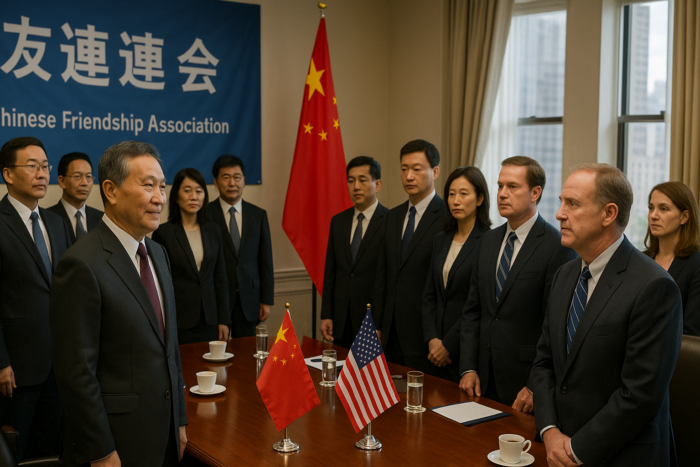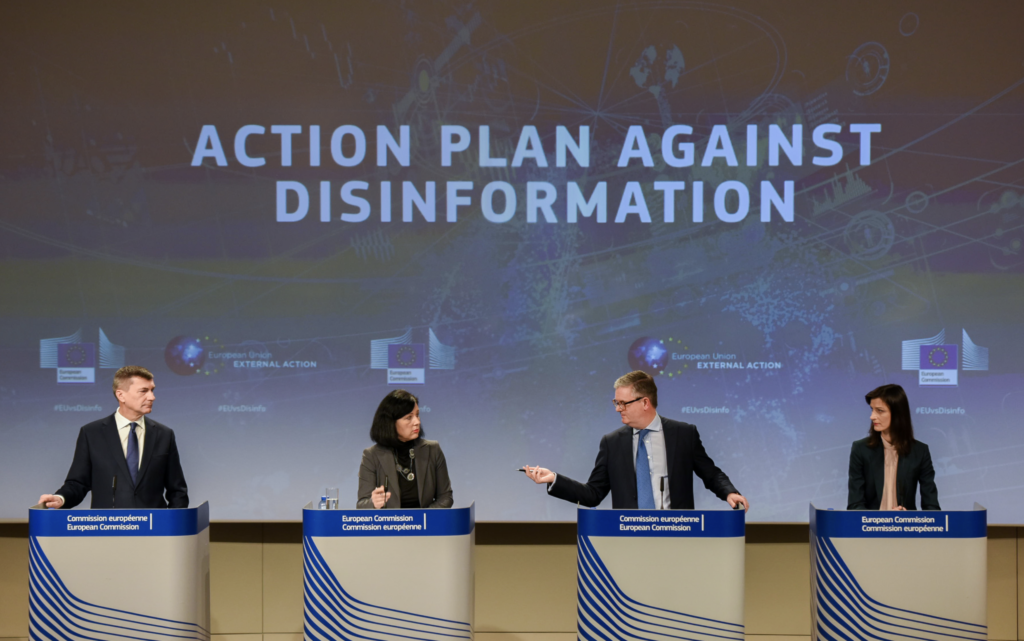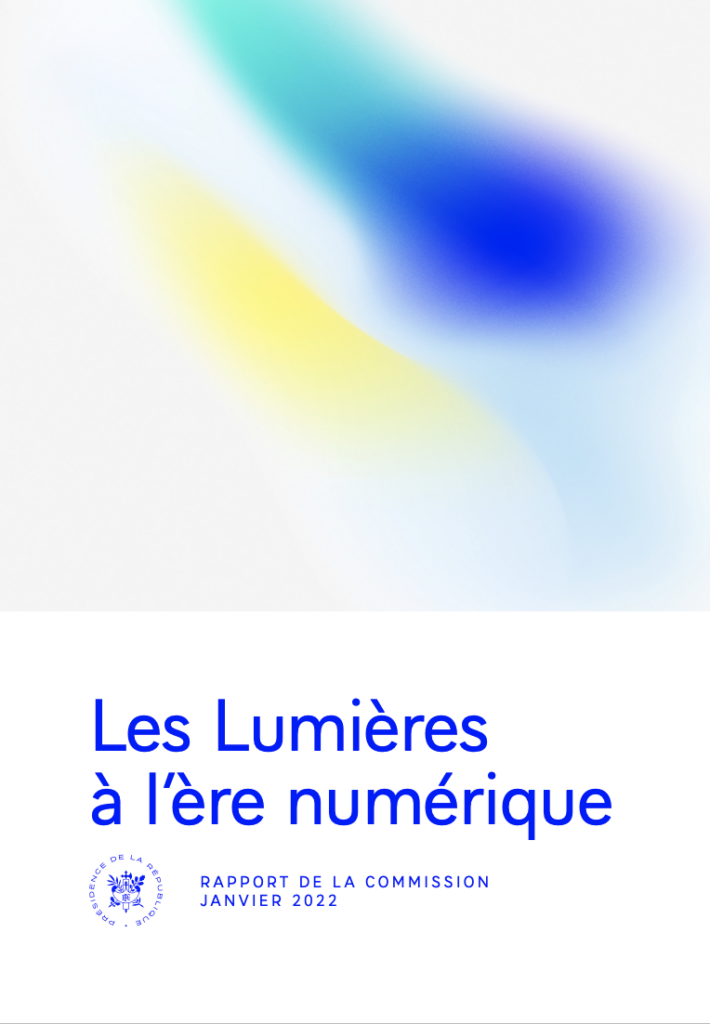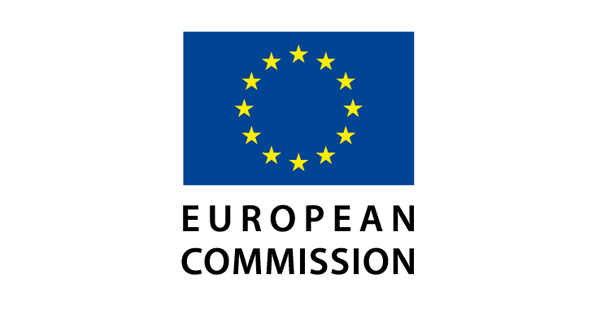US media is reporting that the European Union has adopted a new landmark law forcing tech companies and others to combat misinformation and restrict certain online ads. According to an AP report:
April 23, 2022 BRUSSELS (AP) — Big tech companies like Google and Facebook parent Meta will have to police their platforms more strictly to better protect European users from hate speech, disinformation and other harmful online content under landmark EU legislation approved early Saturday. European Union officials clinched the agreement in principle on the Digital Services Act after lengthy final negotiations that began Friday. The law will also force tech companies to make it easier for users to flag problems, ban online ads aimed at kids and empower regulators to punish noncompliance with billions in fines. The Digital Services Act, one half of an overhaul for the 27-nation bloc’s digital rulebook, helps cement Europe’s reputation as the global leader in efforts to rein in the power of social media companies and other digital platforms. “With the DSA, the time of big online platforms behaving like they are ‘too big to care’ is coming to an end,” said EU Internal Market Commissioner Thierry Breton. EU Commission Vice President Margrethe Vestager added that “with today’s agreement we ensure that platforms are held accountable for the risks their services can pose to society and citizens.” The act is the EU’s third significant law targeting the tech industry, a notable contrast with the U.S., where lobbyists representing Silicon Valley’s interests have largely succeeded in keeping federal lawmakers at bay.
Read the rest here.
The full European Commission proposal for the Digital Services Act can be accessed here.
According to a European Commission press release, the Digital Services Act follows the principle that what is illegal offline must also be illegal online. The press release also says that a new article has been introduced due to Russia’s aggression against Ukraine and its associated information warfare. The European Commission and Council have previously launched several initiatives to counter foreign influence operations and disinformation, including the Action Plan Against Disinformation and the Code of Practice on Disinformation in 2018 and the East StratCom Task Force.
The Global Influence Operations Report has extensively covered the EU efforts to counter disinformation and malign foreign influence operations. Recent reporting has included:
- In April, we reported that the EU Parliament set up a special committee on malicious foreign interference called INGE2 that will continue the work of a similar committee called INGE1.
- In March, we reported INGE1 said there is a “general lack of awareness of the severity of foreign interference and information manipulation, overwhelmingly carried out by Russia and China,” which is “exacerbated by loopholes in legislation and insufficient coordination between EU countries.”
- In January, we reported that INGE1 had concluded its 18-month inquiry and recommended building a sanctions regime against disinformation and making it harder for foreign actors to recruit former top politicians too soon after they leave their job.












